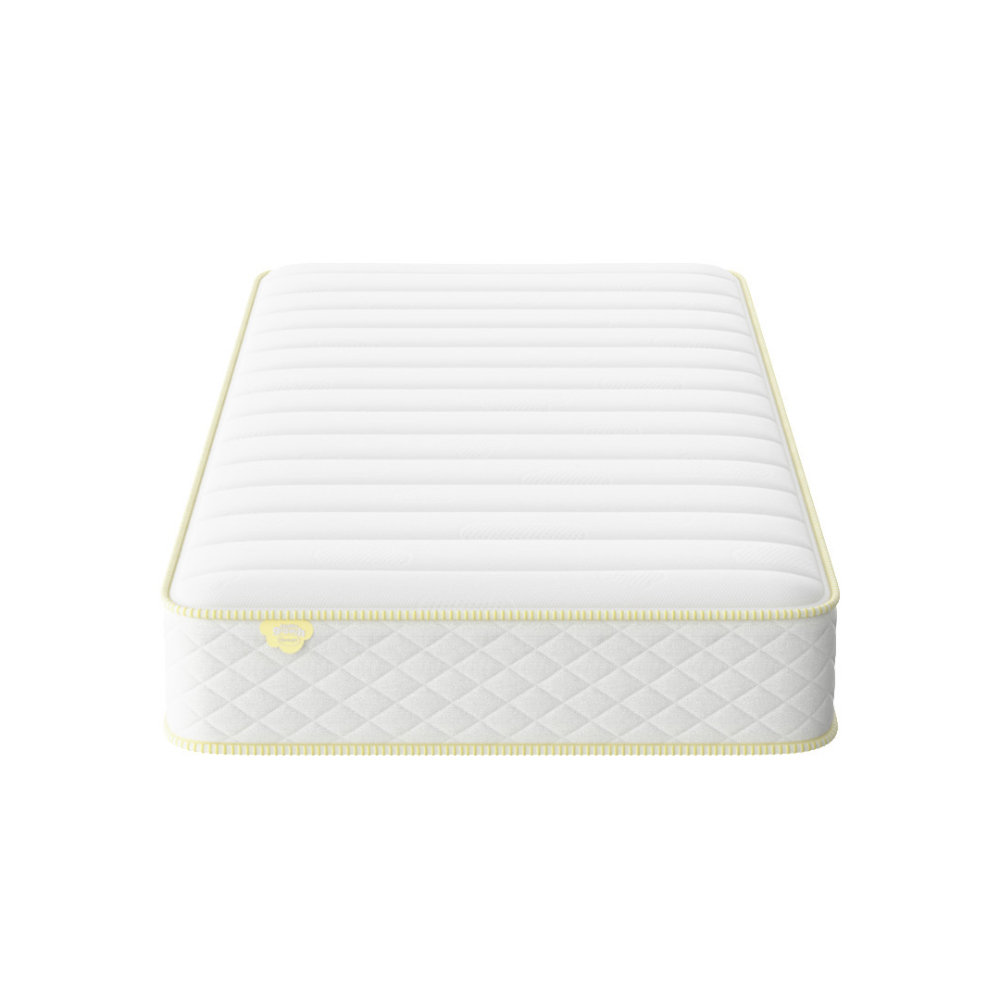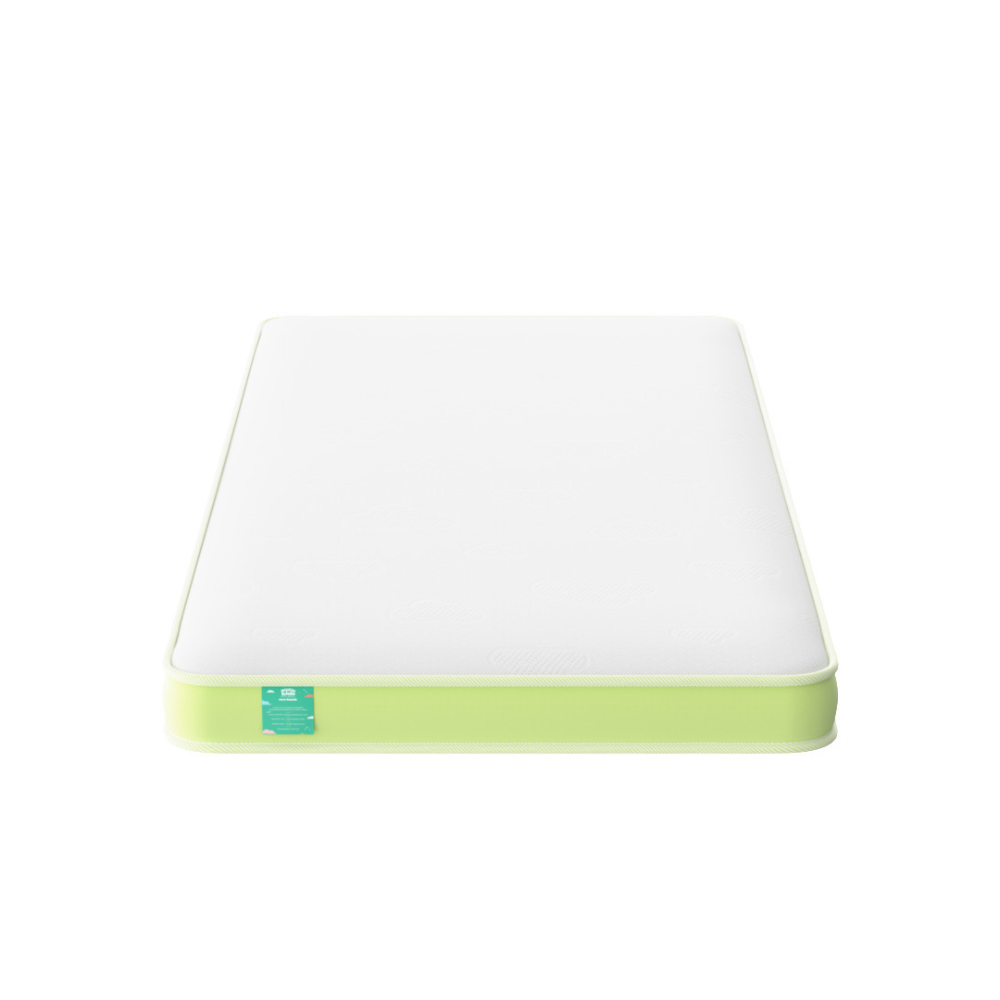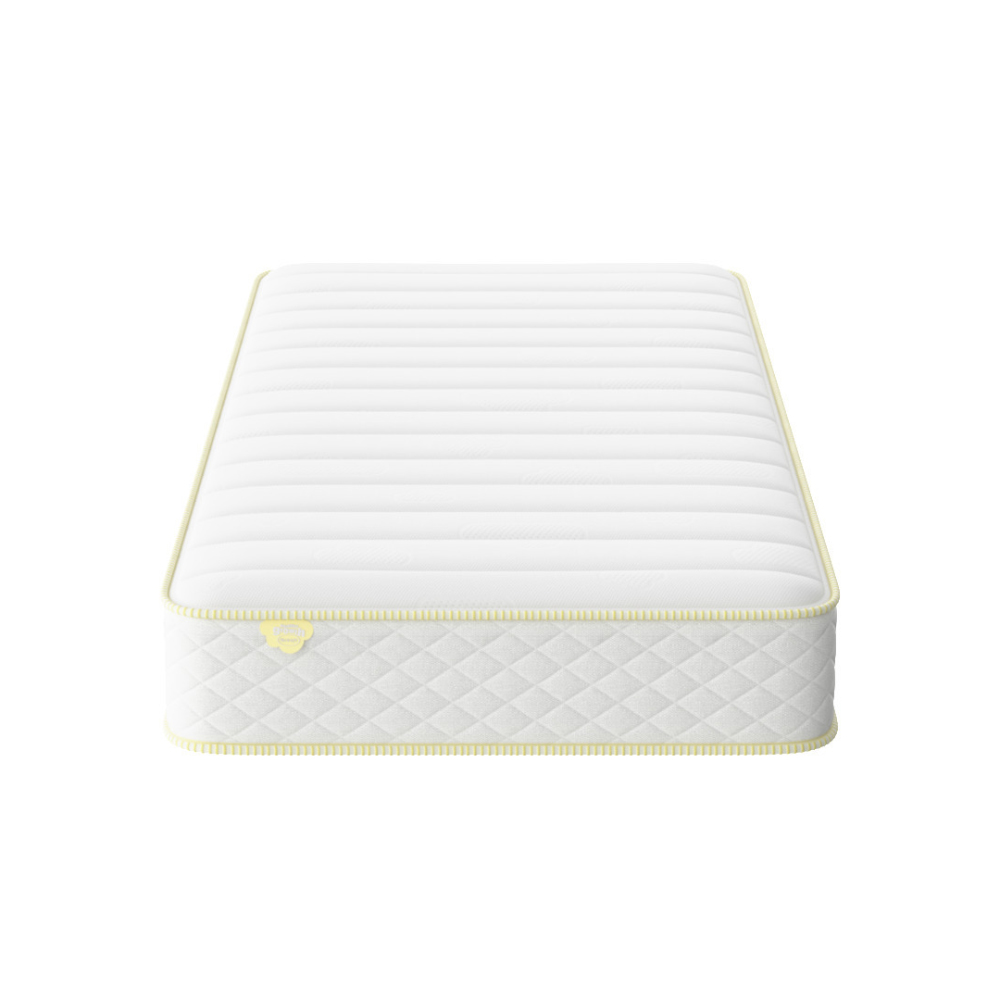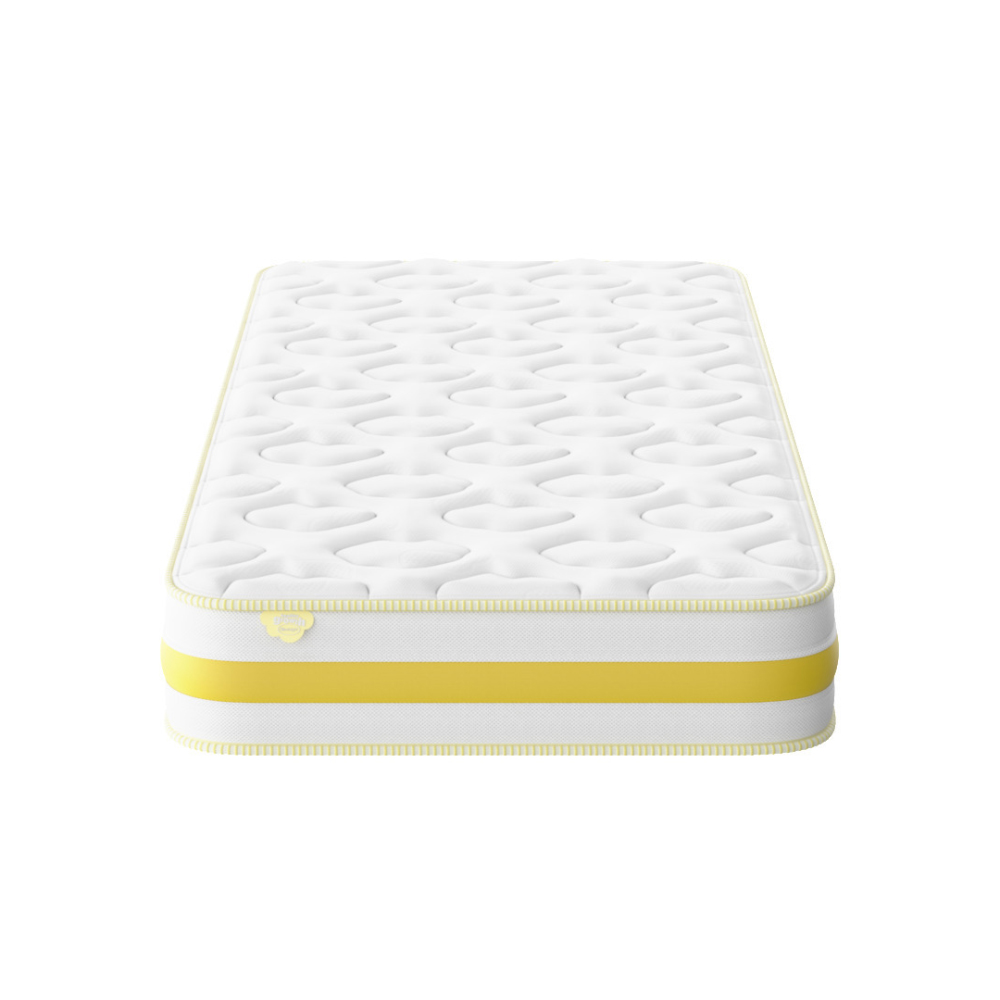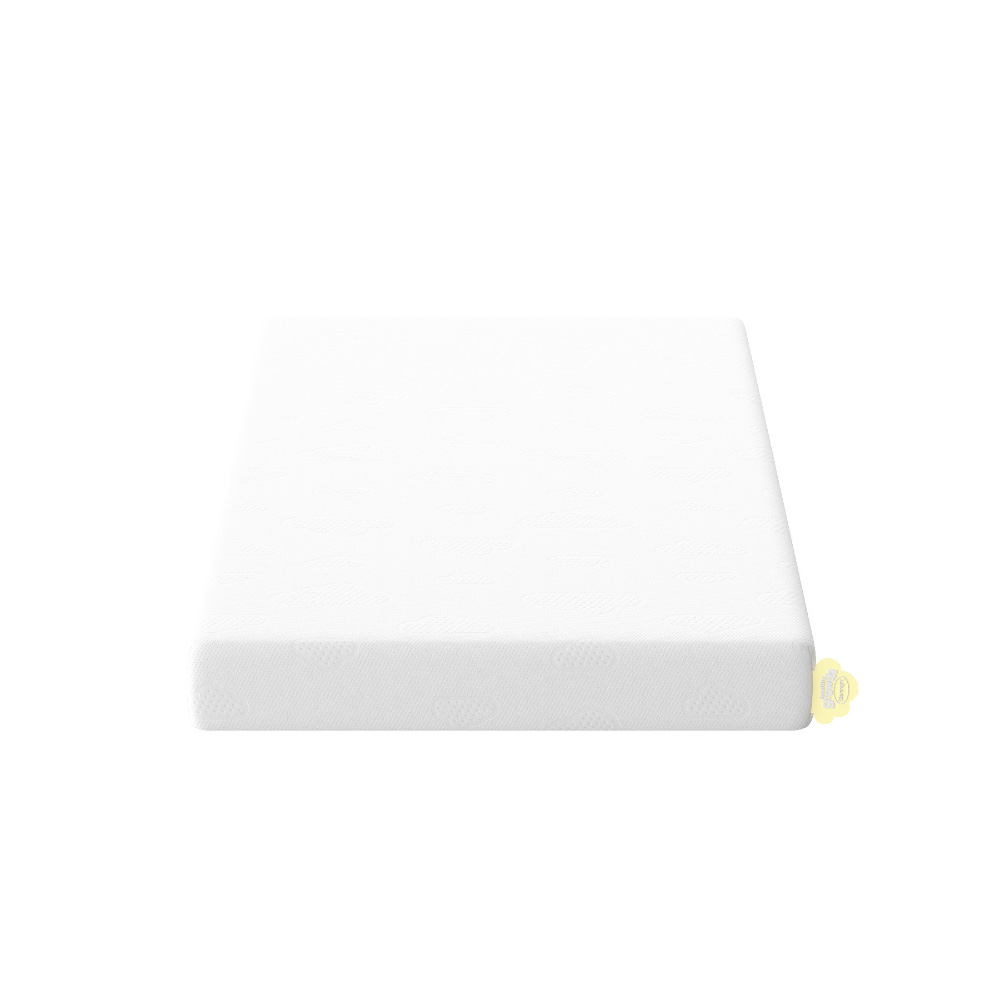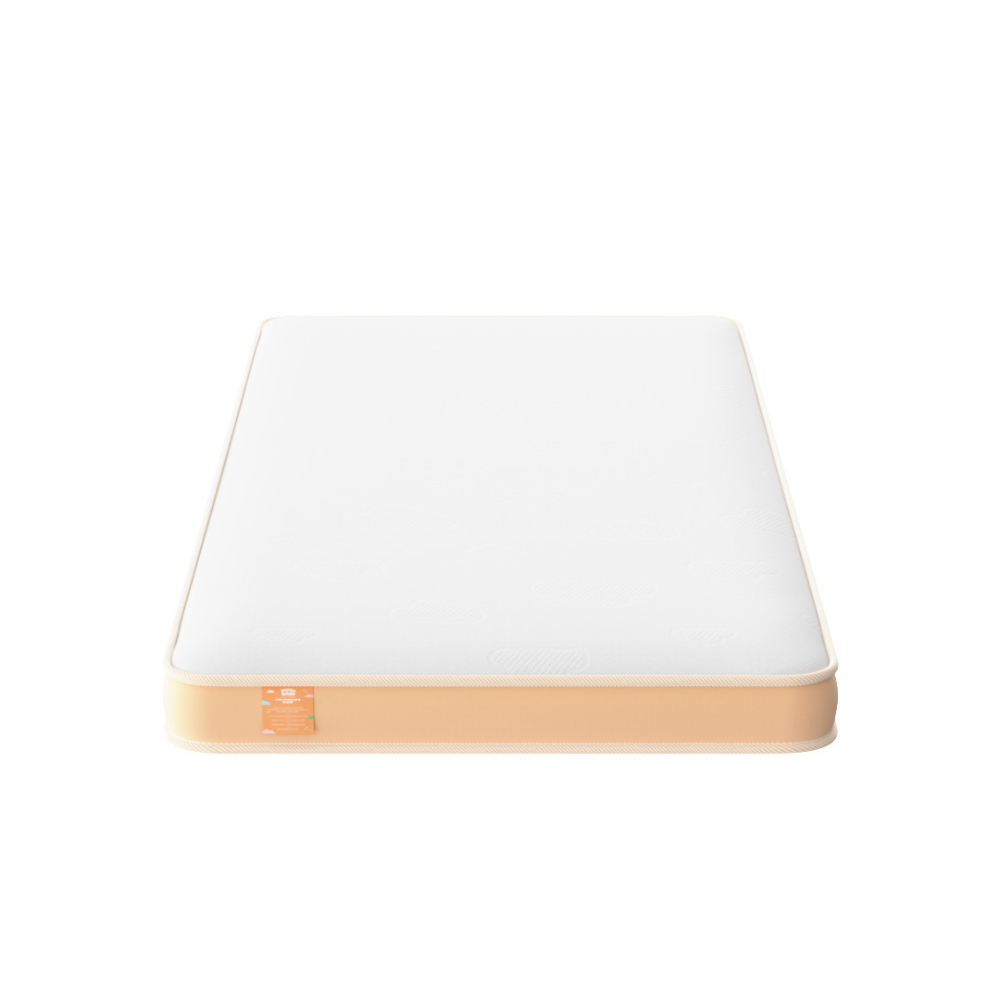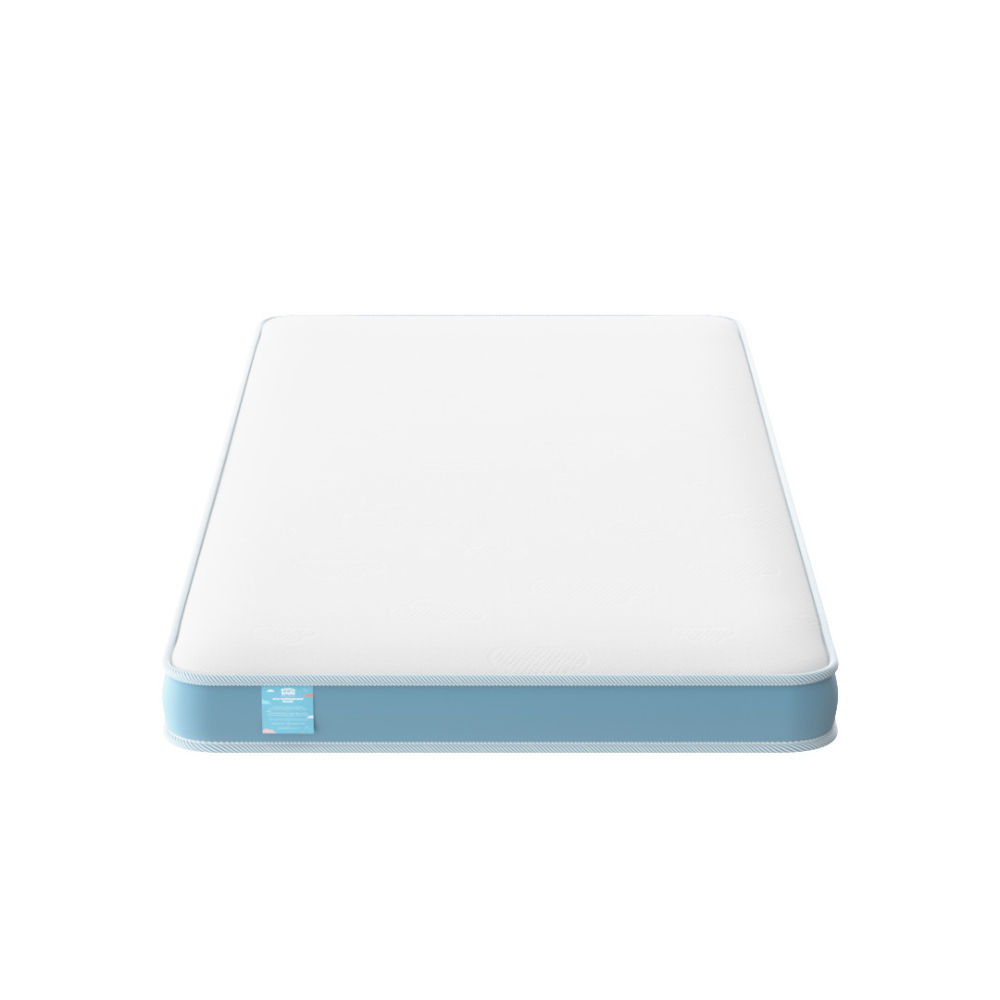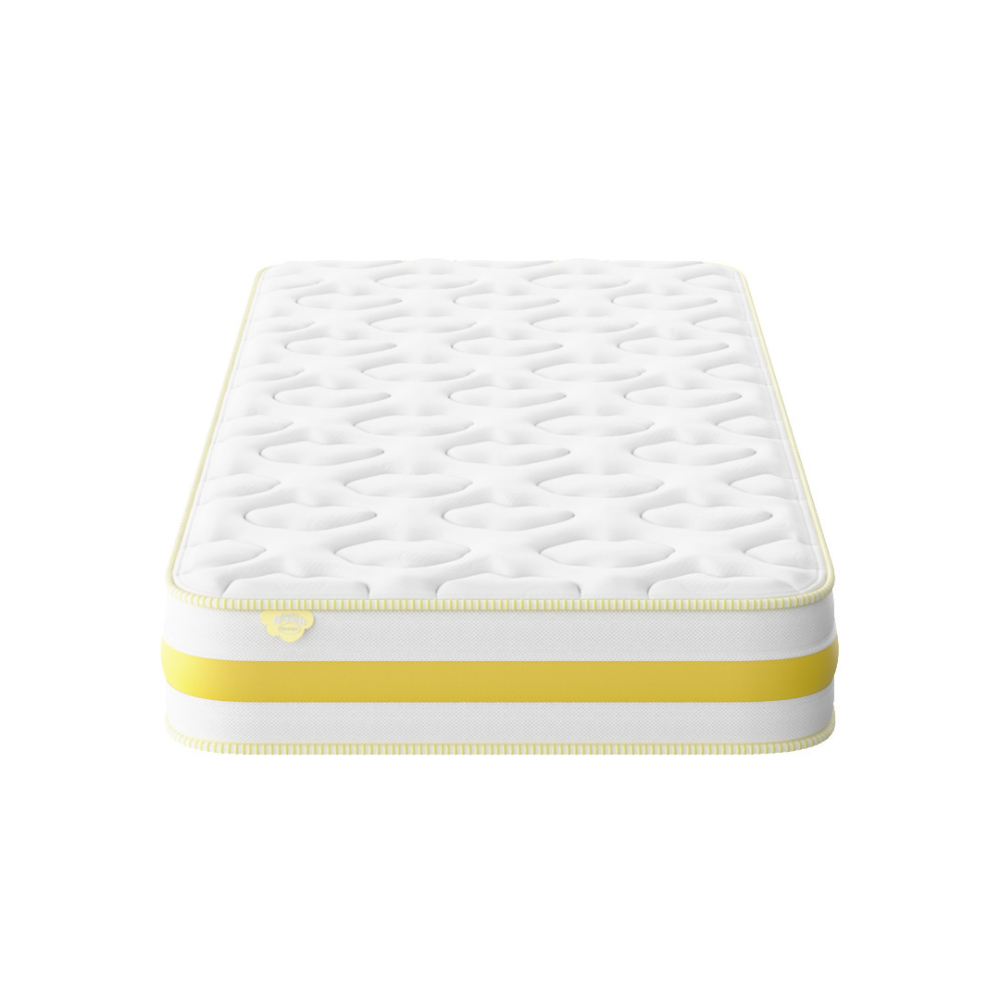how to get a good night’s sleep during pregnancy

Pregnancy is a special time in many ways, but during these nine months, sleeping positions, quality of sleep and zero disturbances can go out the window. From a growing bump that stops you from sleeping on your belly to aches, pains and heartburn, not to mention needing the loo every hour, it’s no surprise that women experience discomfort and a lack of sleep.
But it doesn’t have to stay that way. We’ve created this guide to help you understand how pregnancy affects sleep and what you can do to have a restful and replenishing snooze – so that it doesn’t become a distant memory.
how does pregnancy affect sleep?
It doesn’t end there either. If you’re having difficulty sleeping while pregnant, it could be down to:
Hormonal changes: With increased estrogen and progesterone, your breathing and sleep cycle may be affected
Increased bathroom breaks: With a baby kicking and trying to get comfy in the womb, your bladder tends to get the brunt of it
Increased heart rate: During pregnancy, your heart rate heightens to pump more blood around the body to nourish your baby, causing you to feel a little restless
Anxiety and stress: Becoming a new parent comes with stress and anxiety, especially if you experienced one or both prior to becoming pregnant
Bad dreams: Nightmares and highly realistic dreams are common in pregnancy and can mimic the real-life fears that you may have as your pregnancy progresses
As you probably know, getting enough quality shut-eye is vital for you and your developing baby. A lack of sleep isn’t just an inconvenience, but can potentially lead to a higher risk of pregnancy complications like high blood pressure, gestational diabetes and extended labour.
why am I getting leg cramps while pregnant?
Leg cramps during the night are caused by changes in your body’s ability to process calcium during pregnancy, making sleeping a challenge. To help prevent your legs from keeping you awake throughout the night, try performing gentle leg stretches before bed, while also making sure you gently exercise during the day and eat a diet rich in calcium.
Don’t forget to talk to your GP if you’re showing any symptoms of vitamin and mineral deficiencies early in your pregnancy, as iron deficiency is common and has been linked to restless leg syndrome, which can worsen your quality of sleep.
how do I stop night time worries during pregnancy?
To help you cope with your nighttime worries, try calming practices such as breathing exercises, meditation and journaling. If you can, reach out to other expecting mums who are going through the same experience as you – it’s good to feel heard by somebody who understands.
how to sleep during pregnancy
Finding a comfortable sleeping position can be a challenge with a growing bump. You may also be wondering if the way you usually sleep is safe too. To put your worries at ease, we’ve put together a list of helpful tips to help you sleep while you’re pregnant.
what’s the best position to sleep while pregnant?
The most comfortable and safest sleeping position during pregnancy is on your side with your knees bent. Why? It prevents the baby from putting pressure on the large vein that carries blood back to the heart from your legs. We realise that might not always be comfy for everybody, which is why it’s recommended to stick a pillow under your bump or between your legs or use a long pillow, also called a pregnancy pillow, to wrap your entire body around.
can you sleep on your back while pregnant?
It’s advised that you don’t sleep on your back during the second and third trimesters as this position means the entire weight of the growing uterus and baby will rest on your back, intestines and vena cava – the main vein that carries blood back to the heart from your lower body. Sleeping on your back has also been connected to cases of stillbirth, as well as other health concerns like reduced growth and weight of the baby.
If you do find that you wake up lying on your back, there’s no need to panic. If you’re more likely to sleep in this position, you can wedge a pillow behind you when you go to bed. This way if you do roll back, you will at least be tilted which lessens the effect of sleeping on your back.
can I sleep on my right side while pregnant?
Yes, sleeping on your right side is usually fine while pregnant, but for extra safety precautions, it’s advised that you stick to your left side. Experts have traditionally said that laying on your left side when pregnant is best as this is thought to protect the liver and increase blood flow to the heart, kidneys, foetus and uterus.
can I sleep on my stomach while pregnant?
If you usually sleep on your stomach or just prefer it now that you’re growing a baby, there’s no problem with doing so, especially during the early stages.
when should I stop sleeping on my belly while pregnant?
Once you hit the 28-week mark, it’s recommended to stick to the left side for safety above anything.
tips for a better night’s sleep during pregnancy
We’ve listed some of our top tips for sleeping during pregnancy, helping you to relax, unwind and catch those well-deserved z’s – especially as sleep may be a thing of the past soon when you’re up for those late night feeds. These tips are especially beneficial if the dreaded insomnia has hit you.
Introduce a bedtime routine or improve your current one: Incorporating steps like meditation or journaling will help you relax and set you up for a good night’s rest.
Keep your bedroom dark, quiet and cool: Your sleeping environment is just as important as your bed. Reducing noise, unless a soothing sleep sound, and keeping your bedroom dark and cool will signal to your brain that it’s time to snooze.
Schedule in bedtime: We love routine. By going to sleep at the same time every night, it’ll become second nature to your body and mind.
Get fresh air and exercise: As long as you feel comfortable doing so, gentle exercise and plenty of fresh air during the day will reduce your energy levels.
Practise yoga: Practise relaxation techniques such as yoga before going to bed to help reduce your anxiety
Avoid heavy meals: Heavy meals, especially before bed, can worsen heartburn which commonly occurs during pregnancy
Use a pregnancy pillow: Pillows such as the Silentnight Body Support Pillow will support your bump or legs for maximum comfort
If you do have concerns about your sleep during pregnancy, no matter how small, don’t hesitate to seek advice from your doctor as they’ll know what to do. Making sure you stay healthy in pregnancy is important and good health begins with a good night’s sleep. If you enjoyed this read, check out our other parent-focused blogs for advice and inspiration.




















